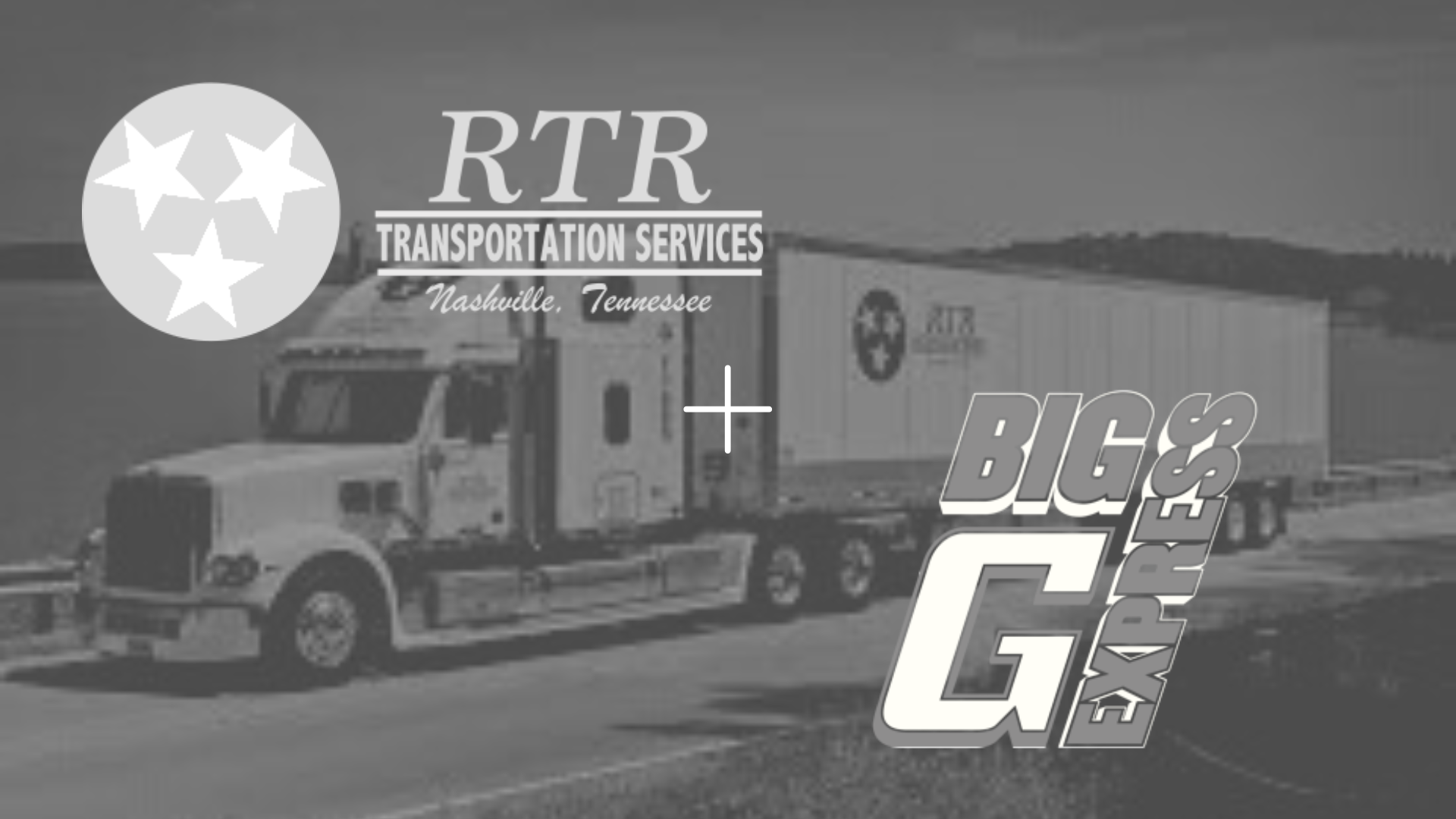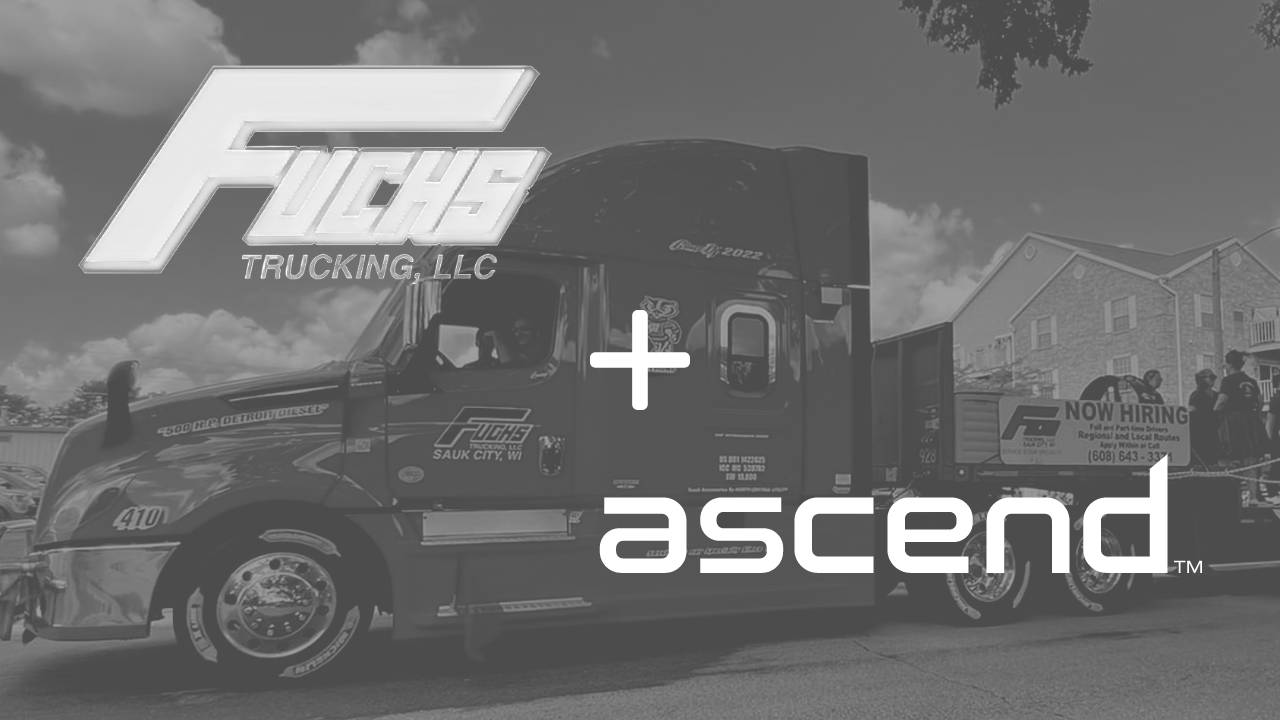3 Misconceptions about Trucking Business Value and Deal Structures in 2020
Posted on October 27, 2020 by Fusebox Marketing

Covid-19 has affected almost every part of our American life over the past six months. Business value and the deals that are getting done have changed, but not in the ways that you might think. In order to protect your strategic options, avoid making false assumptions around what is happening in the trucking M&A world…and what isn’t. Below are three common misconceptions.
Misconception 1: Business Value is being discounted because of economic and health uncertainty.
Actually, Covid-19 has created big winners as well as some unfortunate losers. Consequently, some trucking companies are being valued at a higher multiple than we have seen in several years. We just launched the marketing effort for a 55M refrigerated trucking company. It is already attracting higher offers than deals we represented 18 months ago that were identical in size and shape. Size is also a factor when it comes to current valuations. More on this when we get to Misconception #3…
Misconception 2: Buyers are only offering deal structures that place all the risks on the seller.
First of all, there is a certain type of buyer who only purchases companies under these conditions – no matter what is going in the economy. It would be very inaccurate to characterize the current market in this way. In fact, because of Covid-19, we have noticed many buyers going above and beyond to demonstrate fairness. Because buyers have not been insulated from the effects of Covid-19 either, they seem to be approaching when a seller has a significant dip in performance prior to, or during, the effort to sell a company. It can commonly result in either a discounted purchase price or a longer payout that is tied to performance – an earnout. Because many buyers see the same effects from Covid-19 in the sellers business, as in their own business, they are taking a much more reasonable approach to managing the risks around transferring ownership. Instead of defaulting to a typically 3-4 year earnout or seller note to address the risk, buyers are extending shorter earnout periods that account for the “non-reoccurring” dip. These terms have ranged from 6-18 months in some cases. Again, this is a far cry from the assertion that sellers are taking all the risk right now.
Misconception 3: Banks aren’t making financing available for acquisitions.
This is partially true. We had a deal that was 30 days from closing and the buyer’s bank placed a global 90-day moratorium on acquisition financing. (Since then, we have secured a better offer…that is beside the point). Cashflow lenders make capital available strictly on the financial performance of the business being acquired. When the economy shut down, it turned the financials of many trucking companies upside down. It also made it very difficult to withstand the scrutiny of a typical underwriting process for a cash flow lender. This created a gap which has now been filled by asset-based lenders. Asset-based lenders are playing a significant role in getting acquisition financing completed. When you combine asset-based lending in conjunction with a buyer down payment and seller financing, many deal puzzles can get pieced together. In the short term, this has actually multiplied the pool of buyers for fleets who may not have attracted a significant amount of attention 12 months ago.
Conclusion: These are strange times. Be curious and seek out any and every way to advance your current position – whether that is in, or out, of the trucking industry. You may be pleasantly surprised by what you discover.


